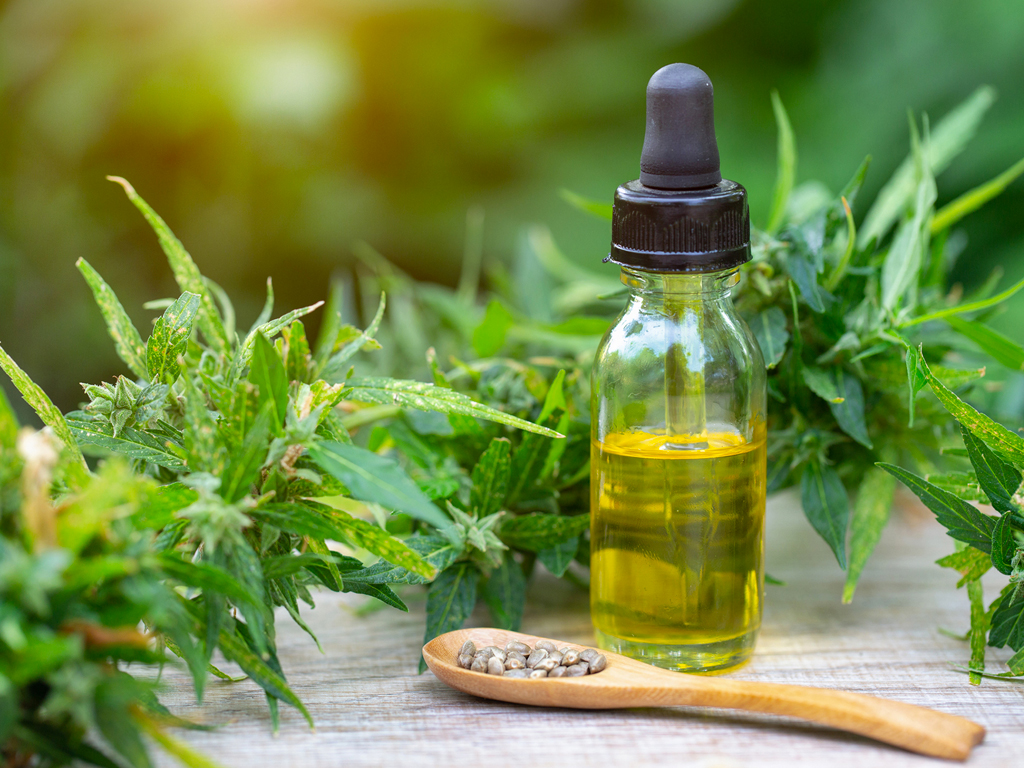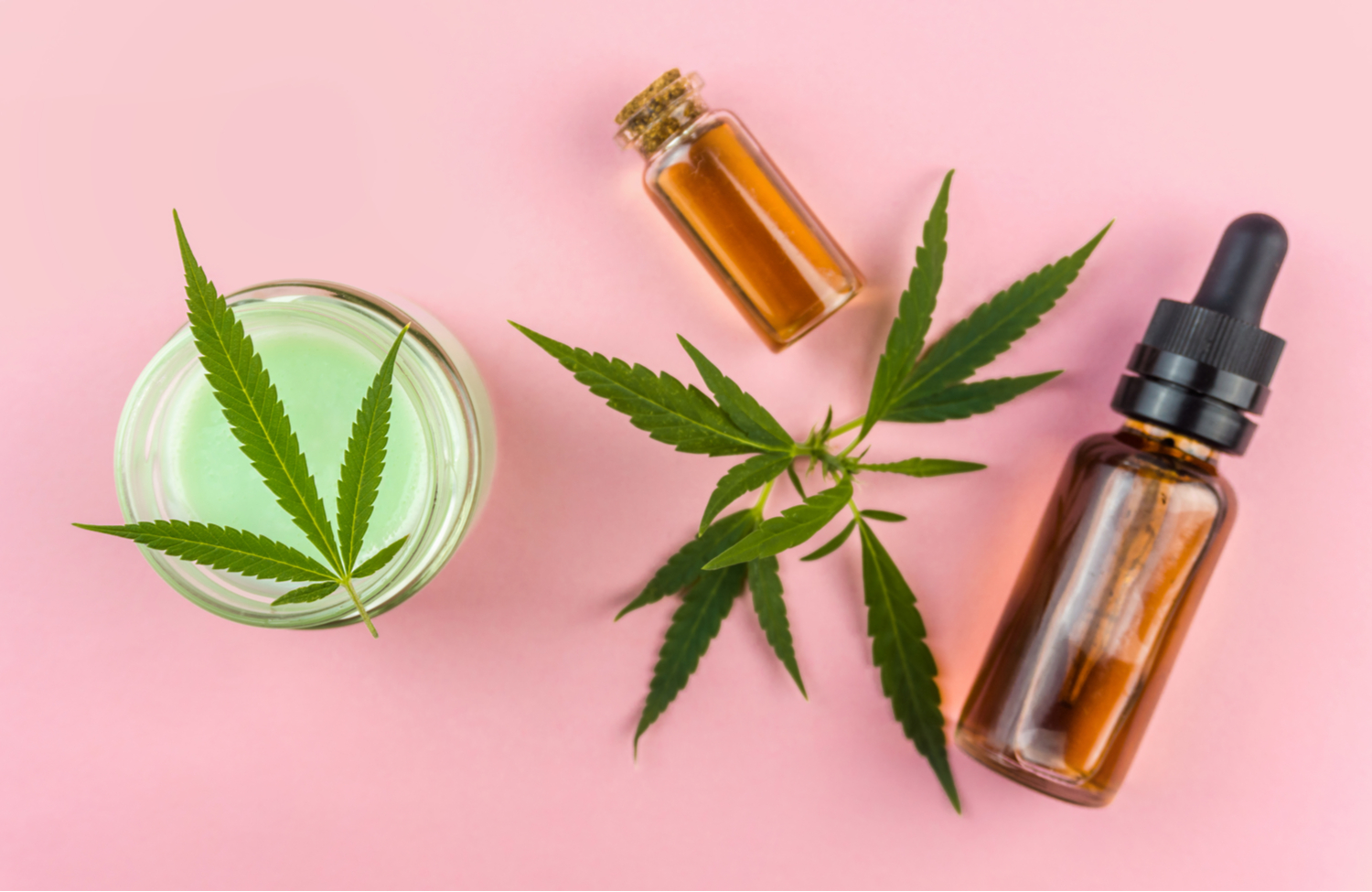Delta 8 products have started gaining popularity in the cannabis market. However, there are many concerns regarding these products. Since delta 8 is a THC variant, a cannabinoid known for its intoxicating effects, consumers wonder if they can drive after taking delta 8. This article highlights all you need to know about delta 8, including its legality, benefits, and side effects.
THC is one of the major cannabinoids in hemp and marijuana plants. This compound is associated with the ‘high’ effect consumers experience. THC is available in three variants; delta 8, delta 9, and delta 10. Like delta 9, Delta 8 THC also contains medicinal benefits, increasing its popularity. Delta 8 can also be used for recreational purposes because most consumers enjoy the ‘high’ effect. This compound is a good choice for outside functions such as social outings. Since it is federally legal, you can purchase Delta 8 products online and in physical stores. So, can you drive after consuming delta 8 products? Learn more about this cannabinoid below.
What Is Delta 8?
Delta 8 is a compound that has the same psychoactive effects as delta 9. The latter is the THC responsible for producing the ‘high’ effect. Although delta 8 is similar to delta 9, their chemical structure differs, making them have varying effects. This reason also makes delta 8 less powerful than delta 9.
Risks of Delta 8
Ethan et al. (2020) noted that Delta 8 and delta 9 have similar side effects, including:
- Memory loss
- Red eyes
- Anxiety
- Dry mouth
- Slow reaction
- Rapid heart rate and poor coordination
Delta 8 can cause other risks since it is produced synthetically.
Can Delta 8 Make You High?
Delta 8 can make you high because it is a psychoactive compound. However, its effects are milder compared to delta 9 THC.
Can You Drive Under the Influence of Delta 8?
It is not safe to drive after consuming delta 8. Although it is less powerful than marijuana, it can still have a high effect. Driving after consuming delta 8 can make you be charged. Even though delta 8 provides its users with a mild clear-headed high, it is not advisable to drive after its consumption because it can cause dizziness which may tamper with your driving.
Is Delta 8 Legal?
According to the 2018 Farm Bill, any product that contains less than 0.3 percent THC is considered legal (Coit et al., 2018). The good news is that the THC levels in delta 8 are less than 0.3 percent, making it federally legal. However, some states have banned the use of delta 8 products within their boundaries. Therefore, you need to be aware of the laws in your state. Even if delta 8 is legal in your state, you should be more alert when using its products because it is synthetically produced and may raise safety concerns.
Benefits of Delta 8 THC
Delta 8 gives its users the same health benefits as delta 9. Some of its benefits include:
Digestive Benefits
According to Simonian et al. (2020), Delta 8 can act as an appetite stimulator and an antinausea. However, more research is needed to prove this compound’s effectiveness in digestion issues.
Relaxation
Many people love delta 8 since it soothes anxiety. It also acts as a good alternative to anxiety medications. However, you should consult your doctor before using it as a medication for proper dosage guidance.
Pain Relief
Like other cannabinoids, delta 8 contains anti-inflammatory properties (Walter et al., 2004). This makes delta 8 THC suitable for relieving pain.
Smoother Psychoactive experience
Most cannabis users do not utilize CBD since it does not provide a high effect. Some people do not prefer delta 9 THC since it has anxiety effects. If you prefer a milder high without anxiety effects, delta 8 is the best option. Kruger & Kruger (2022) noted that its strength is around fifty percent that of delta 9 THC. Most delta 8 THC users have commented that it is less edgy and lets them stay focused and relaxed.
Neuroprotection
One of the reasons delta 8 is being explored is because of its effects on the brain. It has been found that it contains neuroprotective properties. It can release adenylyl cyclase, which controls potassium and calcium channels, leading to a healthier brain.
If you have neurodegenerative disorders like Alzheimer’s, Hazekamp (2008) noted that delta 8 can help in its treatment since it increases choline and acetylcholine levels. Its use can also improve cognitive function since it creates new neurons.
Better Sleep
Delta 8 produces a milder effect than delta 9, making it less powerful. Akpunonu et al. (2021) noted that this compound could also bring about effects such as sedation, euphoria, and stress relief, which have been proven to help people experiencing insomnia.
How to Use Delta 8 THC
Before using delta 8 THC products, ensure it is from a reputable brand. Delta 8 can be administered into the body through tinctures, vapes, topicals, smoking, and edibles. When you smoke or vape delta8, the effects kick in faster. However, it is not the best way to consume delta 8. Therefore, making topical use of delta 8 is the safest way of administering delta 8 since you are not ingesting it directly.
Conclusion
Although delta 8 is a new cannabinoid and research about it is still undergoing, it is clear that it is not safe to drive after consuming its products. There are various methods of consuming delta 8, including vapes, tinctures, oils, and edibles such as gummies. You should be aware that the time taken for consumers to experience the effects of delta 8 depends on the method of consumption, age, metabolic rate, and overall body health. Also, how long delta 8 lasts in your system depends on how you consume it.
Before purchasing your delta 8 products, ensure that the supplier is reputable to avoid purchasing low-quality products. Also, consult your doctor before using your delta 8 product for guidance on the appropriate dosage and the possible side effects.
References
Akpunonu, P., Baum, R. A., Reckers, A., Davidson, B., Ellison, R., Riley, M., … & Gerona, R. (2021). Sedation And Acute Encephalopathy In A Pediatric Patient Following Ingestion Of Delta-8-Tetrahydrocannabinol Gummies. The American Journal Of Case Reports, 22, E933488-1.
Coit, M. (2018). The Fate Of Industrial Hemp In The 2018 Farm Bill-Will Our Collective Ambivalence Finally Be Resolved. J. Food L. & Pol’y, 14, 12.
Ethan, X., Logan, A., Liam, M., & Leonard, J. (2020). Impact Of Marijuana (Cannabis) On Health, Safety And Economy. Int. Digit. Organ. Sci. Res, 5, 43-52.
Hazekamp, A. (2008). Cannabis Review. Department Of Plant Metobolomics, Leiden University, 2009.
Simonian, J., Varanasi, S., Richards, G., Van Nguyen, A., Diaz-Fong, J. P., & Le, J. (2020). A Critical Narrative Review Of Medical Cannabis In Pediatrics Beyond Epilepsy, Part III: Chemotherapy-Induced Nausea And Vomiting And Inflammatory Bowel Disease. Pediatric Medicine, 3.
Walter, L., & Stella, N. (2004). Cannabinoids And Neuroinflammation. British Journal Of Pharmacology, 141(5), 775-785.
- Discover the Top CBD Strains for Enhancing Your Intimate Moments - July 8, 2024
- Bliss in a Can: Exploring Melo’s THC Beverage Wonderland - May 9, 2024
- VAPE BATTERIES BY Ecigmafia-Comprehensive Analysis Top Vape Batteries Unveiled - February 5, 2024




